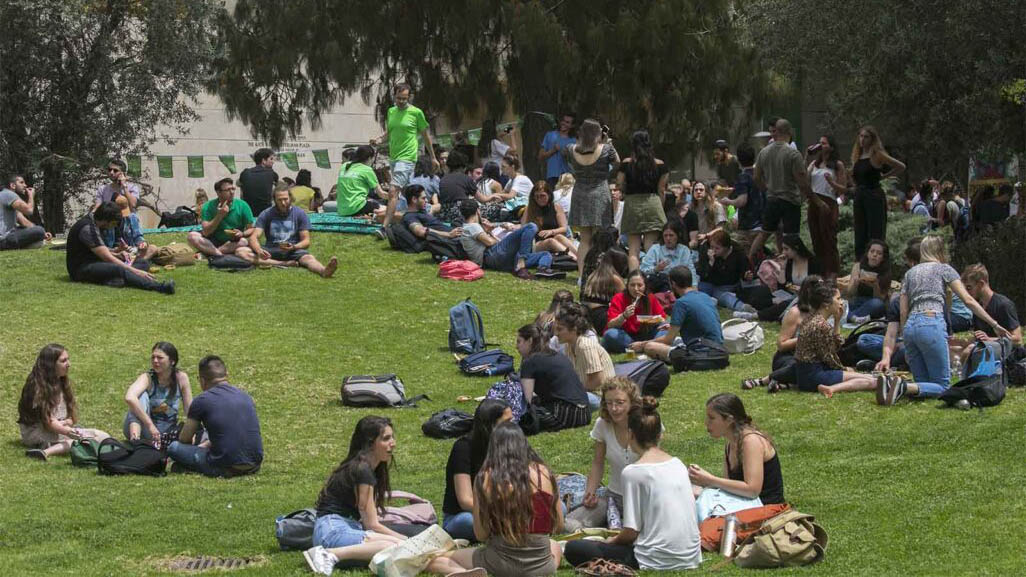
“I don’t know how to get by financially,” said Noa Ahituv (25), who studies education at David Yellin College in Jerusalem. “Even with my job that brings in roughly 5,000 shekels a month, my expenses for rent, bills, food and travel leave me in the red.”
Ahituv is one of 350,000 students who started the Israeli academic year this past weekl. According to a survey conducted by Israel’s National Student Union, 70% of students are worried about their financial situation. Among Jewish students pursuing academic degrees, 26% are unemployed. Among Arab-Israeli students, 46% are unemployed.
According to the survey, which was completed by 10,000 students, an Israeli student earns 4,757 shekels (roughly $1,475) a month on average, and spends 5,459 shekels ($1,694) per month. The main expenses consist of housing (2,482 shekels or $770), food (1,284 shekels or $398), and travel (613 shekels or $190).
“I just couldn’t find any place to work”
Students in Israel are dealing with an ongoing economic crisis. According to data from Israel’s Central Bureau of Statistics, there are some 338,000 unemployed students in Israel, a number that has not dipped over the past few months.
Ahituv, who studies in Jerusalem, had to move to Tel Aviv just to find a student teaching placement. In her field of study, informal education, work placements are rare to begin with, she reports.
“Because of coronavirus, and because of the repeated elections with no ruling party in the Knesset, budgets were not passed and many workplaces reduced their staff,” she explained. “I just couldn’t find any place to work in Jerusalem.”
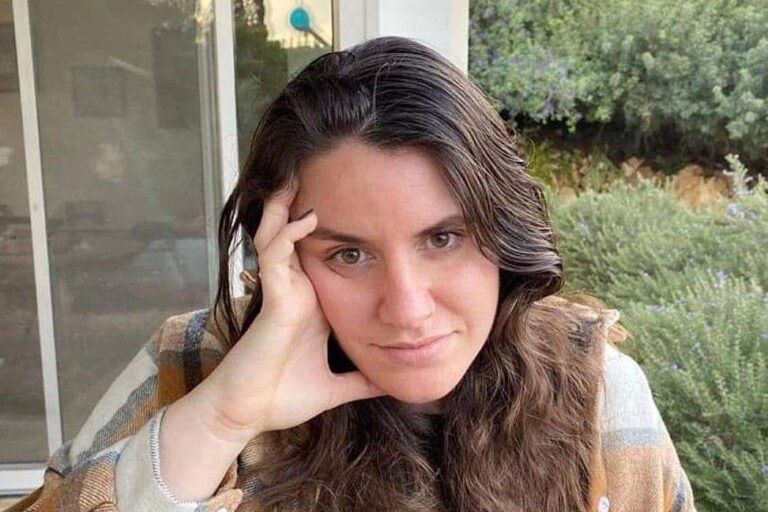
“A lot of education students found ourselves having to leave the city to find placements. I was already very stressed, and I realized that I had to move to Tel Aviv just to have a chance of finding one,” she said. “I knew I would be under financial stress, but I did not have much choice.”
Ahituv went on to explain that she's been struggling since classes have returned in person on campus, since it adds travel expenses between Jerusalem and Tel Aviv, and is one less day she can work. This requires her to work two jobs to keep up.
“My parents have always helped me over the years, less with money directly and more with food, for example. This year I was hoping to be more independent, but I will probably need help from them at some point,” she explained. “I can’t see how I can find another scholarship or fund the degree myself.”
In Israel, scholarships often require service or volunteer hours, and usually are given as lump sums in the beginning or end of the year.
Unemployment is three times higher in Israel’s periphery
Many students are forced to enlist the help of outside financial aid in order to get through their time in university. 39% of them receive financial assistance from their parents, and one in five has taken out a loan. According to the survey by the National Student Union, the average student financial aid is 1,765 shekels, or $548 a month.
The socio-economic gaps between students in Israel are dramatic. 87% of Arab-Israeli students are concerned about their economic situations, compared to 67% of Jewish students. Men borrow an average of 41,000 shekels yearly, while women borrow an average of 29,000 shekels. Between state-funded universities (at which the average student spends about 7,400 shekels a month) and non-funded colleges (only about 4,800 shekels). Among students in the metropolitan Tel Aviv area, 9% of those seeking work are unemployed, compared with 29% in peripheral areas in Israel’s North and South.
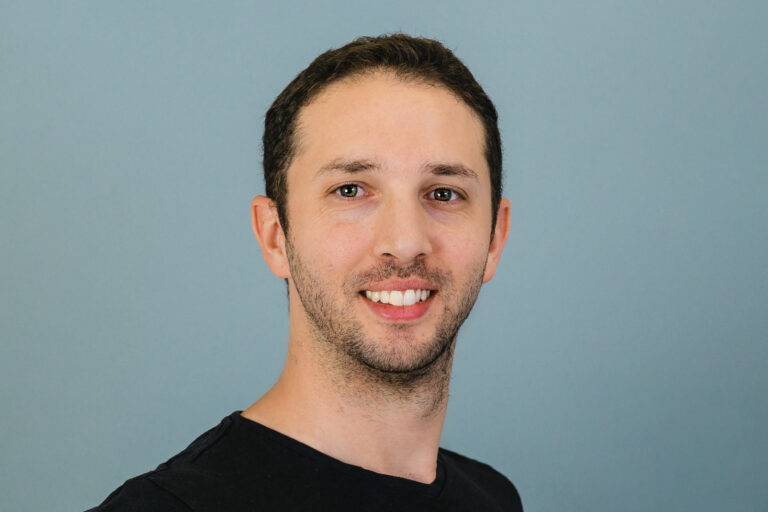
“Inequality in higher education is increasing,” said Shlomi Yehiav, chairman of the National Student Union. “The chances of success of some groups outweigh those of other groups. In the Israel of 2021, there is no equality of opportunity, not on the basis of ethnicity, gender, or region.”
“The solution should not be a reliance on loans, and certainly not parental assistance, a privilege that is not afforded to everyone,” he said. “It is time that – along with measuring the number and diversity of those entering higher education – we make sure that everyone has an equal opportunity to successfully make it through academia.”
“I think a lot about leaving school”
Adva Tal Sondheimer (25) from Kibbutz Degania, is studying for a bachelor's degree in Israel Studies. The degree includes a tour guide course at Kinneret Academic College.
“I’m excited to return for a second year of school,” she said. “We are only 30 students in the course, and now that we are learning in-person, we can go on field trips and tours.”
Sondheimer lives in a rented apartment in Degania, and works in addition to studying.
“My main expenses are rent and school. I’m supposed to get a scholarship because I was a combat soldier in the army, but it hasn’t come in yet,” she explained. “In the meantime, I’m paying for school out of pocket, and paying for the tour guide course from my savings from the army.”
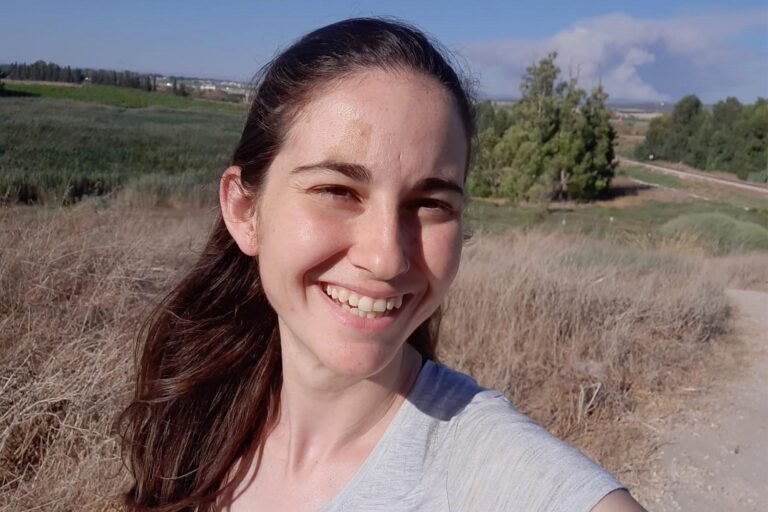
Sondheimer’s work manages to sustain her partially.
“Luckily the restaurants opened, and I found work as a waitress at a high-end restaurant on the kibbutz. I’m mostly earning through tips, and right now I’m managing to stay afloat,” she explained. “But it’s seasonal work. In the summer, we were very busy because there were a lot of hikers, but now there are fewer people, and therefore fewer shifts.”
Sondheimer says that she feels the pressure to work as many shifts as possible, even designing her class schedule around it, but still isn’t sure she will manage financially.
“I’m basically just making ends meet with the amount of money I earn. I never go into the red, but I also try to save as much as possible,” she said. “I try to rely on my parents as little as possible as well, and only ask for help if I actually don’t have money.”
The difficulties over the past year and a half of the pandemic prompted Sondheim to consider more drastic measures.
“There was simply no place to work during the COVID-19 lockdowns, and I thought it might be worthwhile to put the degree aside, move in with my partner in the Tel Aviv-area for a year, work as a courier for [food delivery app] Wolt, and then return to finish the degree,” Sondheim said, explaining that she also considered dropping out entirely.
“For students in the north [of Israel], the job options are limited. You’re either working in agriculture, working in the few restaurants in the area, or working with youth in the moshavim and kibbutzim, which is not suitable for everyone,” she continued. “It is a difficult reality to accept.”
Tour guides are one of the professions hit hardest by the pandemic, with significant drops in tourism. Sondheim worries that she will not be able to find a job in the field, which has been her dream since high school.
“This is what I want to do, and I’m not willing to give it up yet,” she maintained. “Next year, I will incorporate a teaching certificate in history at the Open University so that I will always have the option to work. But I hope that by the time I finish my degree, tourism will return.”
“[We’ve had to] lower our standard of living”
“I’m quite afraid of returning to in-person studies,” said Hadas Golub, 30, from Haifa. “I’m afraid that if I have to suddenly go into quarantine from being exposed to COVID-19, I will have no way to study, or that it will hurt my grades because I would have amassed too many absences.”
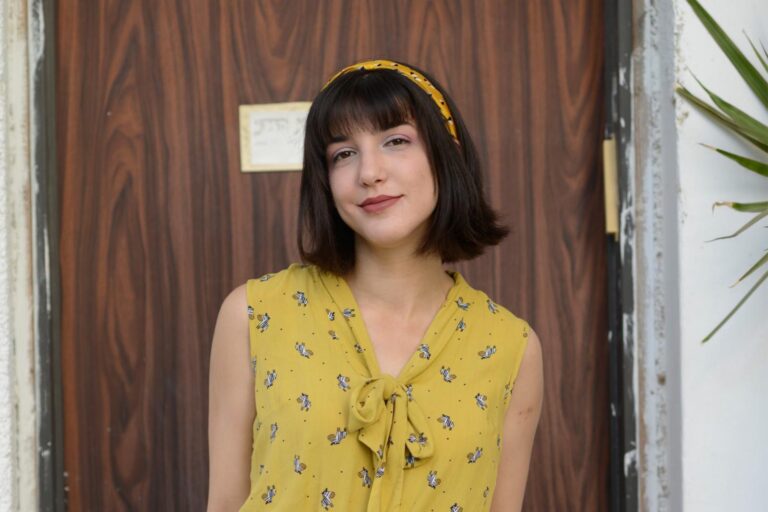
Golub is pursuing a master’s degree in art therapy at Oranim College, 20 minutes east of Haifa. She says that it was very difficult for her to find a job in the previous school year, and that this year she will not work at all.
“There weren’t many options for work, and I had to find something that suited my physical limitations, where I wouldn’t be discriminated against,” she explained.
“It took me a long time to find a job, but in the end I found a part-time job coordinating community projects in the Hadar neighborhood in Haifa,” she went on. “ It gave me some breathing room financially. I was only able to work because it was my first year, and I was less busy with schoolwork.”
In terms of the coming year, Golub explained that she receives rent assistance and a disability pension from National Insurance, and her partner Hagai has already started work as a social worker. Together with help from their parents, Golub says that they “scrape by.”
“[Paying for school and living in the city] requires us to lower our standard of living. We have food of course, but we’ve had to give up on luxuries like going out to eat, to bars or buying more expensive food, even leisure activities,” she said. “Unfortunately, we also had to give up some of the complementary treatments I receive for my medical condition, which is the biggest concession.”
Golub worries she will not find a job upon completing her studies, yet she has reasons to hope.
“Today, for example,art therapy can be done over Zoom, and now there is a much greater need for treatment,” she says.






